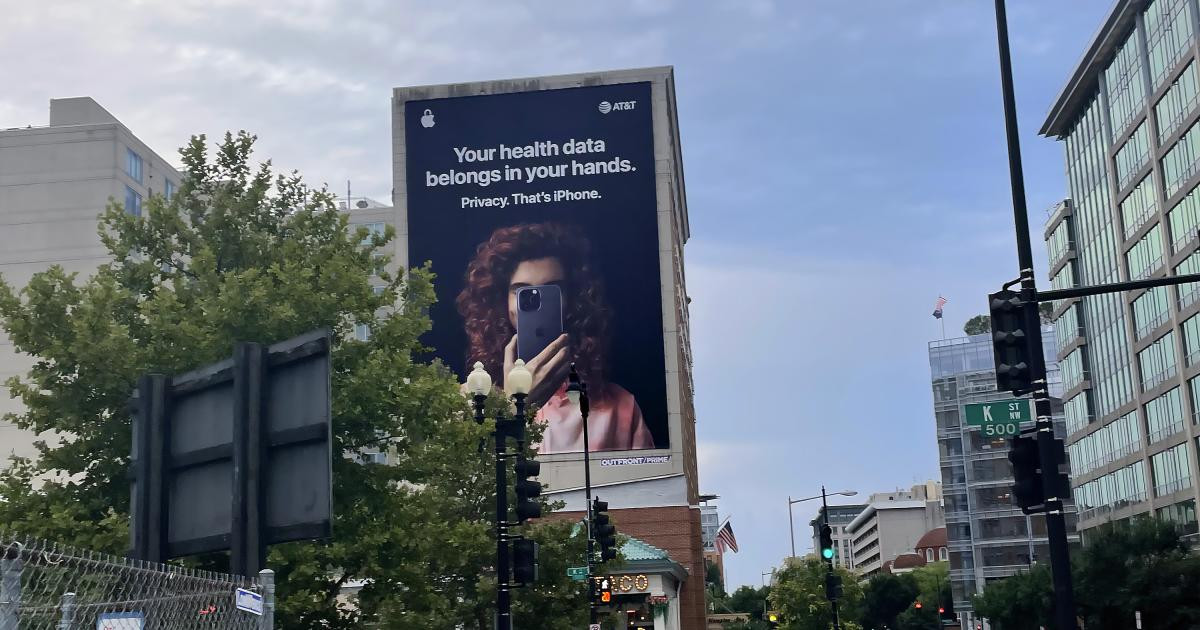In today’s digital age, privacy and security have become hot topics. Tech companies are capitalizing on this trend by advertising their latest privacy and security features to consumers. Whether it’s through billboards, internet ads, or commercials, these companies are making privacy a selling point. For example, Apple’s “Privacy. That’s iPhone” campaign emphasizes the privacy features of their devices. Browsers like DuckDuckGo have also set themselves apart by focusing on privacy. Even targeted Google cybersecurity ads pop up on social media platforms.
The resurgence of privacy-focused ads can be attributed to the rise of data laws. Regulations such as the General Data Protection Regulation (GDPR) and the California Consumer Privacy Act have forced companies to prioritize data privacy. Compliance with these laws has become a selling point for tech companies, as consumers have become more aware of their privacy rights.
Behind the scenes, the implementation of these regulations has led to the hiring of compliance experts. Privacy and security have gained importance in buying decisions for these companies. The decision to advertise privacy and security compliance depends on the target buyer. For example, a cell phone is a personal device, so security becomes a crucial factor. However, convenience may be prioritized over security in a product like a robot vacuum.
Privacy and security are complex concepts, making it challenging for marketers to condense them into catchy slogans. Oftentimes, simplistic slogans and buzzwords oversimplify the issue and fail to convey the important nuances. Technologist and senior policy analyst Aaron Massey compares this to the market for used cars. Marketers can make claims, but buyers find it difficult to verify if those claims are true due to their lack of specialized knowledge.
To complement these advertising campaigns, tech companies are making efforts to enhance consumer privacy awareness. Privacy check-ups and pop-ups that prompt users to update their settings are some examples. Companies have realized that privacy policies alone are not sufficient to help consumers understand how their data is being used.
The rise of regulations and consumer education has had a positive impact on privacy and security. However, consumers should be cautious before blindly trusting these ads. Subjective claims like ‘We’re the most secure’ should raise skepticism. It’s important to look for claims that companies can substantiate and to check if they have dedicated privacy and security officers in place.
In the ever-evolving marketing game, privacy and security have become key selling points for tech companies. While these ads raise awareness, consumers must remain vigilant and informed to make well-rounded purchasing decisions.









